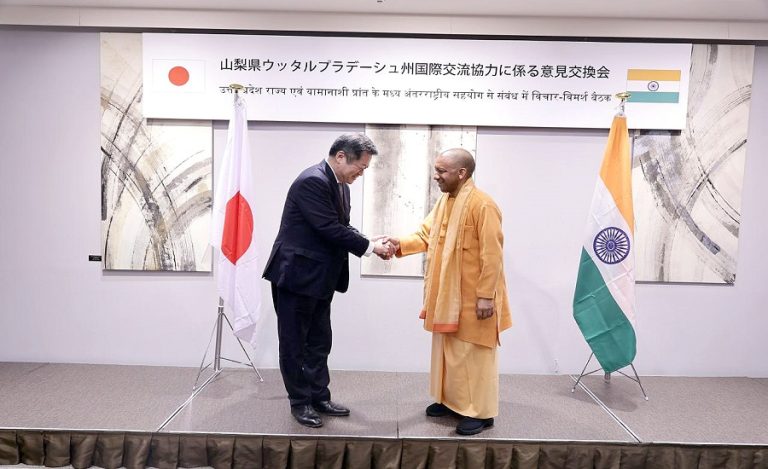New Delhi: In a significant verdict weighing religious freedom against military discipline, the Delhi High Court has upheld the dismissal of an Indian Army officer, Lieutenant Samuel Kamalesan, who refused to participate in regimental religious parades citing his Christian faith. The court ruled that his conduct amounted to indiscipline and was contrary to the secular ethos and unified structure of the armed forces.
In a May 30 order, the Division Bench comprising Justice Navin Chawla and Justice Shalinder Kaur ruled that Kamalesan’s actions violated the secular ethos and strict discipline expected within the Indian Army.
“United by Uniform, Not Divided by Religion” – High Court
The bench emphasised the unique unity of the armed forces, stating, “Our armed forces comprise personnel of all religions, castes, creeds, regions and faiths… They are united by their uniform rather than divided by their religion, caste or region.”
The court further clarified that although regiments may retain traditional religious affiliations or practices – such as war cries or places of worship – these elements are motivational and unifying, rather than exclusionary.
Background: Refusal to Participate in Regimental Practices
Lt. Kamalesan was commissioned into the 3rd Cavalry Regiment in March 2017 and assigned as troop leader of Squadron B, comprising primarily Sikh personnel. He objected to attending religious parades, asserting that his regiment had only a mandir and gurdwara, but no church or sarv dharm sthal to accommodate diverse religious practices.
The Army, in response, organised multiple counselling sessions, but Kamalesan continued to refuse participation, citing personal religious grounds.
Court: Officer Placed Personal Faith Above Lawful Orders
The court held that Kamalesan’s refusal amounted to disobedience of lawful command and was a breach of Army discipline:
“Kamalesan kept his religion above a lawful command from his superior, which was clearly an act of indiscipline.”
It added that what may seem “harsh or far-fetched” in civilian life must be seen in the context of military discipline, where unity and cohesion are paramount.
Dismissal Deemed Justified
The termination order, issued without pension or gratuity, specifically noted that Kamalesan’s behaviour violated secular norms and harmed the camaraderie between officers and troops.
The court concluded that the Army’s decision was taken after due diligence and consideration of the consequences.
Kamalesan Sought Reinstatement
Kamalesan had approached the Delhi High Court seeking reinstatement, restoration of pension, and recognition of alleged religious discrimination. However, the court dismissed his plea, upholding the Army’s actions as necessary to preserve its integrity and discipline.




























